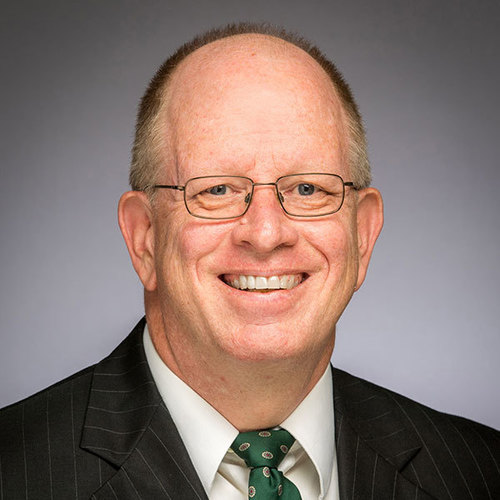The Papacy
Next Session: Jan 10, 2022
Few would argue that the Pope is the most-recognized person in the world. As religious leader for approximately one-sixth the world's population his spiritual influence is vast, and the Pope is also capable of tremendous political and moral influence that transcends religious denominations. For Catholics, the Pope's significance is based on the Pope being "the perpetual and visible source and foundation of the unity both of the bishops and of the whole company of the faithful"; (Catechism para. 882). The aim of this course is to allow participants to explore what the Church teaches about the Pope by examining three aspects of the Papacy: primacy, infallibility, and elections. While not a comprehensive history of the Papacy, the historical dimensions of each of these aspects will illuminate and enrich our understanding of the contemporary situation.
Course Content
Unit 1: Introduction
- Course introduction, overview of Papal primacy, infallibility, and the election of Popes.
Unit 2: Papal Primacy
- How did we get from Peter (Apostle, Jerusalem) to Pope (Bishop, Rome)?
- What makes the Bishop of Rome different from other Bishops?
- What is the nature of the authority and ministry of the Pope, and how has it developed?
Unit 3: Infallibility
- What does the Church mean by infallibility?
- How and when did the Church's teaching on infallibility arise?
- How is this teaching interpreted?
Unit 4: Papal Elections
- How is the Pope elected?
- What are different ways that Popes have been elected?
- Can the Pope resign, or be removed from office?
Course Format
- Six weeks in duration, with one week for orientation.
- Typically 15-20 students in each course.
- All course content available online in text format.
- Supplemental readings are provided to encourage further exploration of topic.
- Short written assignments required for each unit.
- Facilitator-moderated chat sessions with students in course.
Required Texts
- All course material included online.
- Readings will include:
- Paragraphs from the Catechism of the Catholic Church.
- Excerpts from Vatican I and Vatican II Councils.
- Writings and excerpts from Popes, Church Fathers, and the current Magisterium.
- Selected articles and other resources.
Participation Requirements
- Read assigned texts; keep notes, questions, and comments for class discussion.
- Participate in the class discussion using the Forums area: post at least 2 comments, questions, or responses per unit.
- Write 150-200 words in response to the assignment in each unit.
- Participate in at least 3 scheduled chat sessions throughout the course.
- Complete the course evaluation.
Time Expectations
4 to 6 hours per week, depending on your learning style and schedule.
Course Certificate
A certificate of completion awarding 30 contact hours will be sent upon completion of all course requirements.

Mr. Greg Doyle, M.Div.
Greg Doyle is originally from the Virginia suburbs of Washington DC. After completing undergraduate degrees at Notre Dame, he served in the Navy as a submarine officer in Charleston, SC and then worked at a commercial nuclear power plant in Maryland. He returned to Notre Dame for theological studies, graduating with a Master of Divinity degree. Greg began working with STEP while a graduate student during the first year that STEP eCourses were offered, and started full-time work there upon graduation. He and his wife have two sons.